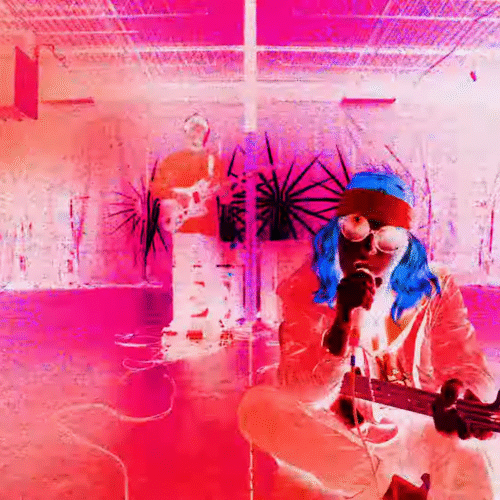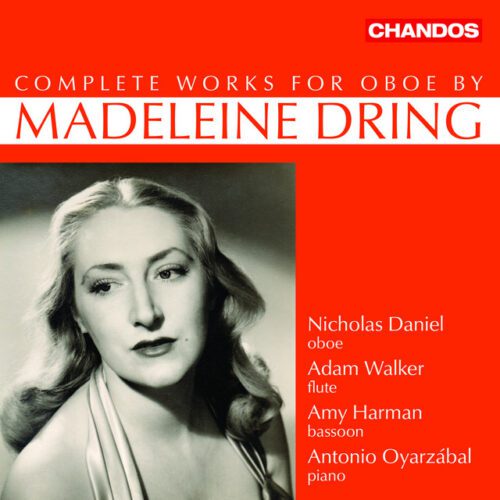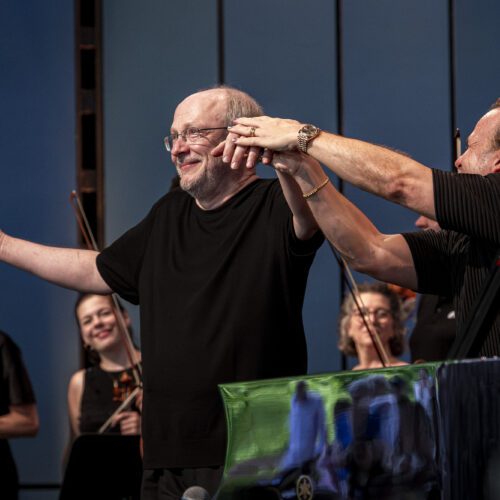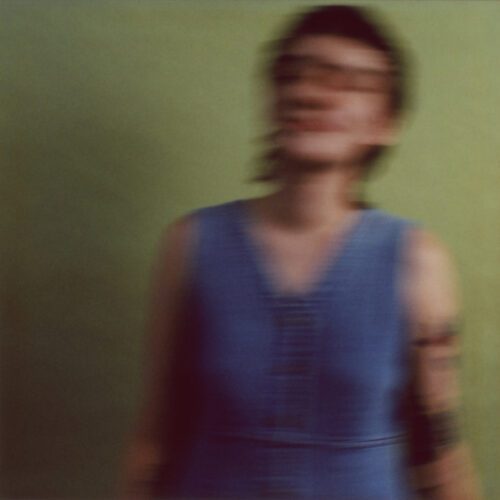Heitor Villa-Lobos (1887-1959) remains a composer of great renown associated with very few works. It’s a shame, because beyond the famous Choro No. 1 for guitar and Bachianas Brasileiras No. 5 for soprano (but played on every conceivable instrument since), the Brazilian has an impressive catalogue, not only in terms of quantity but also in terms of quality. Symphonies, concertos, chamber music, vocal music and solos for various instruments, including a vast devotion to the piano, are plethoric. In truth, Villa-Lobos is one of the most prolific composers of the 20th century.
This fine, high-quality album sheds light on a number of pieces for solo piano that are certainly worth a careful listen on your part. There are some very fine treasures here, expressed in a language that ranges from Chopinian folk-inspired romanticism to rich Ravelian and Stravinskian complexities, all written with inspiration and originality, essential hallmarks associated with this composer.
Two Choros get the programme off to a fine start, with some endearing melodies, before moving on swiftly to a highly successful exercise in colouristic impressionism: the étude Ondulando (undulating), op.31 W82. Ravel would have been proud. We then move on to ten extracts from the Cirandas suite W220 (which contains sixteen in all). A genre-study cycle based more often than not on popular music, but which elevates the discourse in many ways reminiscent here of Debussy and elsewhere of Stravinsky (again). Each musical gem in this cycle takes on a different character, magnified by writing that verges on improvisation. The titles are irresistibly charming: The carnation quarrelled with the rose, Cheep, cheep, cheep, What beautiful eyes!, etc.
Two seductive miniatures follow, La caixinha de música quebrada W256 (The music box is broken) and Nenê vai dormir W53 (Baby is going to sleep). They sound exactly as you might imagine them from the titles.
New York Skyline Melody W407 acts as a modernist transition to the robust main piece of the programme: the spectacular Rudepoêma W184 (Savage Poem), written for Artur Rubinstein. Aptly described as a ‘Rite of Spring in the Jungle’, its ruthlessly robust and complex rhythmic writing, its harmonies that vacillate between chromaticism and folklorism and its impressive dimensions (around twenty minutes) make it an exceptional monument of the 20th-century piano repertoire. A masterpiece, in fact. It’s a shame we don’t hear it more often.
Wilhem Latchoumia conveys the rich, complex narrative with enormous conviction and clarity. Above all, he brings out the poetry of this music, especially in the Rudepoema. If we compare his version with that of Marc-André Hamelin, a firework display of burning, nervous energy, that of Latchoumia, who takes a good two minutes less than the Quebecer, has the particularity of illuminating the work’s largely unsuspected poetic qualities. It’s a modus vivendi that runs throughout the album and which, combined with the excellent sound recording, makes this Villa-Lobos do Brazil one of the fine classical releases of 2023.
























